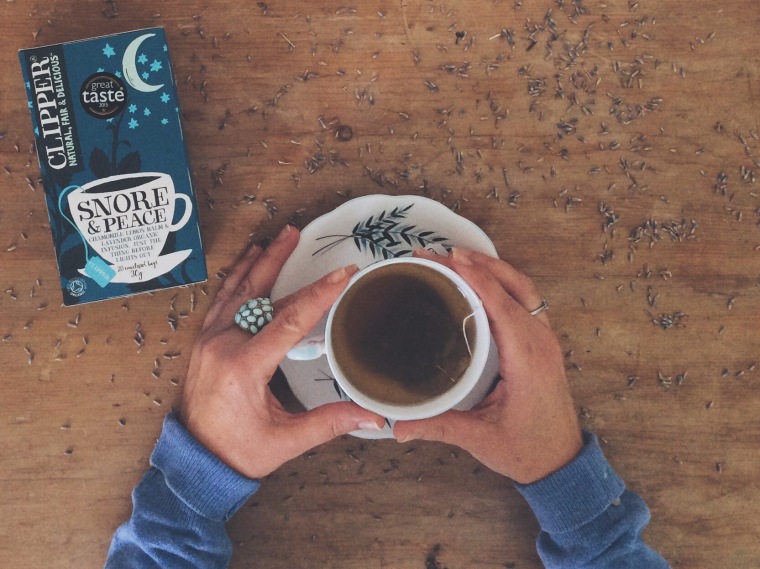January was peak month for lots of talk about self-care and one particular interview caught my ears and made me start thinking about self-care and what it really means, or at least what it should mean. Two sisters were being interviewed on the radio about their book Self-care in the Real World and I wondered if this would actually cut through the noise and speak to a normal person like me.
One look at Instagram would have you believe that self-care is buying soy candles and wearing loungewear from Toast, so perhaps it was possible to find something from these authors that would resonate.
Unfortunately not. Their advice was well-meaning enough (and by well-meaning, of course I mean as well-meaning as you can be when you are flogging a book). They advocated “putting yourself in your own diary” which actually isn’t terrible advice. I know we all say we are too busy for that, but presumably there are times when we are not parenting or working and could think about ourselves a bit more.
But that was really as far as their ‘real world’ advice went. They went on to talk about food and how we should savour the preparation and eating of food. “Really taste it” As you can imagine, by this point my eyes had started to roll out of my head. I’m not disagreeing that, in an ideal world, this would be my preferred state of cooking, but in the real world this just doesn’t happen. Aside from the fact that cooking dinner is done while trying to tidy the kitchen and dining room, refereeing squabbles and packing tomorrow’s lunches, I cook nearly everyday and if you cook everyday, it becomes a bore. Of course, sometimes it’s an utter pleasure. Pottering around the kitchen of a weekend, baking or filling the freezer, but this is a rare treat, that needs forward planning.
For parents, their advice included “Practice self-care at the same time as your children. For example, a guided family meditation”. I feel that for most people with children, I probably don’t need to say much more about that idea to explain why it’s pretty crazy. *glances over at children doing headstands on the couch*. OK, maybe once in a blue moon you may get your children to all sit still a the same time for 10 mins, but it’ll be rare, right? RIGHT?!
My first thought was how ridiculous that was and wouldn’t most parents agree with me, but then that little voice of doom crept in, whispering to me that I just be failing at the parenting thing, because my children are too feral for meditation. I did dismiss the voice pretty quickly, but it had still sneaked in, making me feel inadequate.
And this brings me to my main point. When did looking after ourselves become something to make us feel bad about ourselves? Self-care seems to mean no sugar, lots of yoga, no screens, buying stuff, well-behaved, chilled out children. INTERNET BAD. MEDITATION GOOD. By trying to care for ourselves more, we seem to have found a way to beat ourselves around the head for not being a better version of ourselves, with children who love a guided meditation.
For me, self-care could mean a frozen pizza for my kids packed lunches, because I am just so sick of making sandwiches. For my friend, Vicky, it’s “crime dramas and biscuits” (which I am totally on board with) It’s a cup of tea and a pile of knitting, it’s a comforting, unchallenging novel, it’s not bothering with dinner and eating buttered toast and jam in front of the TV, it’s a good radio programme or podcast while you fold the washing. It’s deciding against that early alarm to get up before the kids, it’s buying boring, but useful things that you never replace, it’s a glass of wine and turning the music up, so you can’t hear the bickering. (sometimes! I am not a monster!) It’s saying “no, I won’t read you another chapter” or maybe reading them an extra chapter, just because it’s a good book. (For those of you who think this will never happen, just wait until they are about seven and a whole host of brilliant books will open itself to you both)
It is true that often the things that are really good for us, aren’t always the most attractive choice. We could all probably do with going to bed earlier and I can’t say I’ve even regretted making the time to do some yoga of an evening, but neither have I regretted knitting a few rows and bingeing on Netflix. When asked about self-care no-one ever says “oh, I watch TV” but we all do it.
Surely, self-care should basically mean “doing something for ourselves that we enjoy and makes us feel rested, relaxed and at ease”? I can assure you that a guided meditation with my children is not going to do that! Let’s reclaim self-care and indulge ourselves in some good winter tele and a biscuit or two, hey?



